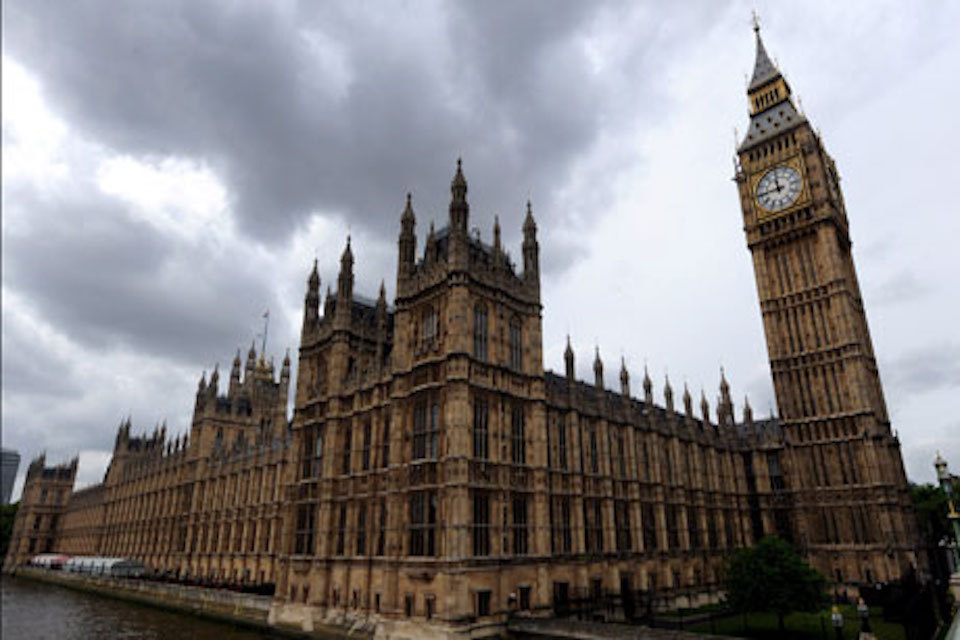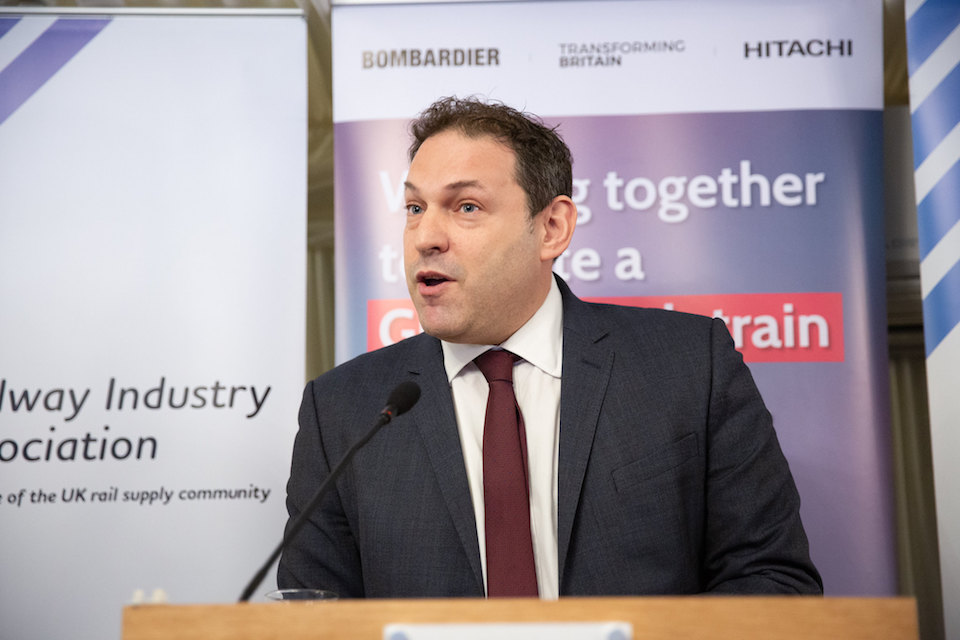UK rail freight responds to Spending Review

UK chancellor Rishi Sunak promised that rail will feature in the pandemic recovery programme. He said this in the Autumn Spending Review to the British parliament on Wednesday. Despite the worst ever economic figures in UK history, that was cause for optimism in the industry. Among the respondents, the Railway Industry Association (RIA), the national trade body for the rail supply community, found those notes positive.
Pandemic related spending, currently running at 220 billion British pounds (242 billion euros) is higher than at any peace-time in British history. With the country deeper in debt than at any time in a generation, and the economy in the deepest economic decline in three centuries, the chancellor did the only thing he could: committing to a further programme of borrowing to fund a transport infrastructure investment programme.
Freight numbers return to the network
Darren Caplan, chief executive of the Railway Industry Association, welcomed the statement and urged the chancellor to recognise the commitment of the industry to the future recovery of the country. “In the coming years, investing in rail will be vital”, he said. “We should be confident that following the pandemic, freight numbers will return to the network. It is positive to see the continued commitment by Government to transport infrastructure.”

The chancellor backed up his commitment, with the announcement of a new infrastructure bank, the publication of a National Infrastructure Strategy, the commitment to publish an updated infrastructure pipeline, and a four billion pound fund for local improvements (4.4 billion euros).
Clarity and visibility essential
The UK government has been criticised for making commitments to a green economy, but failing to fund those commitments sufficiently when compared with European administrations. However, the programme announced on Wednesday by chancellor Sunak has gone some way to refuting that assertion.

“In this time of such uncertainty”, said Caplan, “clarity and visibility from government is essential, so publishing these plans and updates on key projects will ensure the rail industry is able to prepare and deliver, ultimately supporting the ‘Build Back Better’ agenda and the economic growth and investment the UK needs right now.” We look forward to seeing the National Infrastructure Commission’s Integrated Rail Plan on HS2, Northern Powerhouse Rail, Trans Pennine Route Upgrade and Midlands Rail Hub, and the outcomes of the Williams Review into the structure of the industry.”
Still waiting for specifics
However, there remains some concern in the industry that the Spending Review did not provide an update on specific rail schemes, particularly those in the Rail Network Enhancements Pipeline (RNEP). This would give some clarity to rail operators seeking long desired improvements, like the Castlefield Corridor in Manchester, and better capacity on routes Felixstowe. “We have been campaigning for Government to ‘Speed Up Rail Enhancements’ as part of our SURE initiative”, said Caplan. “
We have now been waiting over a year to hear news about what enhancements projects are going to be taken forward and when. Despite supposedly around 80 schemes on this list, we are still no nearer knowing which ones are to be progressed. We urge the Government to publish its update to the RNEP as soon as possible.”
Although the short term economic outlook is gloomy, with unemployment expected to peak in the middle of next year, the government has committed to a long term programme of investment in recovery. The chancellor’s programme puts rail in the spotlight for the future.
You just read one of our premium articles free of charge
Want full access? Take advantage of our exclusive offer





